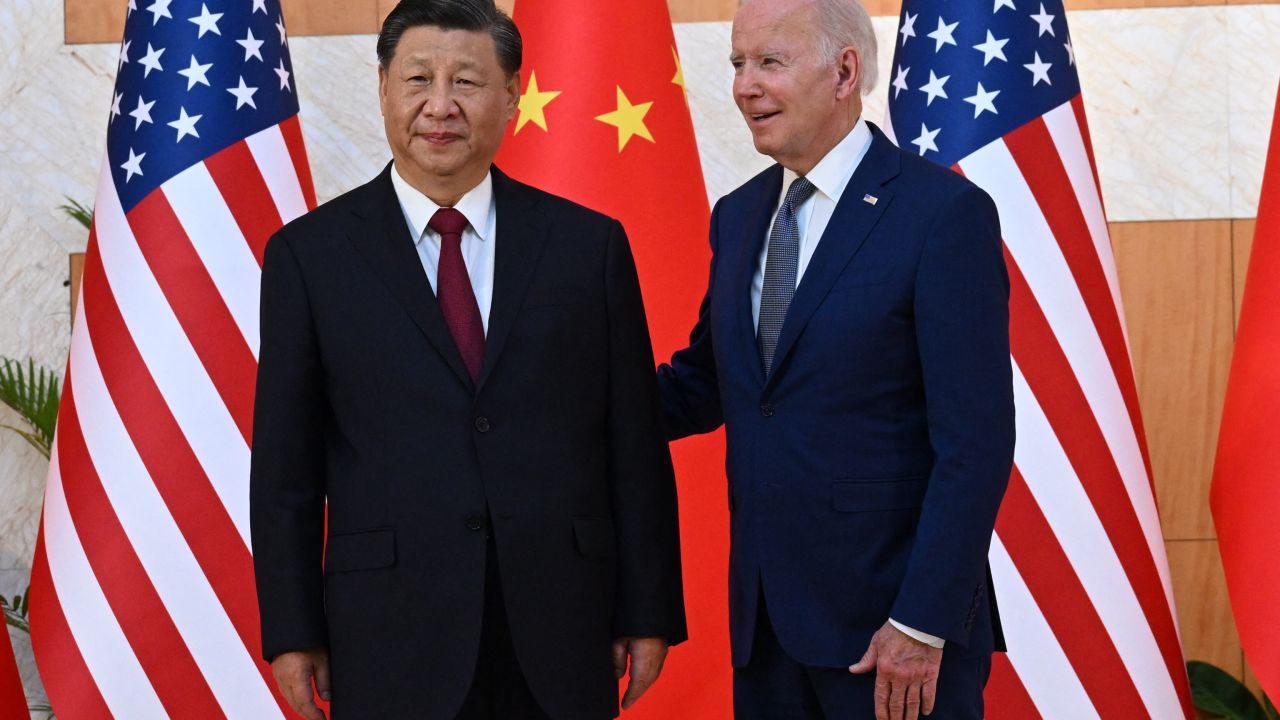Commerce Secretary Gina Raimondo is launching the Biden administration’s high-priority effort to out-compete China in a key sector: Semiconductor chips.
And amid tensions with China marked by the dramatic downing of a spy balloon and new warnings that Beijing is considering providing lethal aid to Russia, Raimondo’s sales pitch these days is simple: Making chips is core to US national security.
“It’s no secret that we are in a global – very heated global competition with China. And technology is at the crux of that competition,” Raimondo told CNN in an interview. “Right now, we are much too reliant upon Taiwan for leading edge chips. So, a big part of our strategy around being a global leader is investing in America: In our people, in our capacity to out innovate China and the rest of the world.”
As the Commerce Department on Tuesday launches its application for billions of dollars in semiconductor subsidies, Raimondo said she wants to be “crystal clear” that the program is “a national security initiative.” But reaching those national security goals, she said, will require developing a US workforce that can meet the moment.
“We simply will not be successful in achieving the national security goals of the CHIPS initiative unless we invest in our workforce, period. Full stop,” Raimondo said. “For decades, we’ve taken our eye off the ball with manufacturing, which means the worker supply of people with the skills to do super technical manufacturing has withered. And so, we need to be honest about that, but also embrace it as an opportunity to come up with creative solutions.”
To that end, the Commerce Department is asking every company vying for a share of the $39 billion in direct funding for semiconductor manufacturing to develop and outline plans for how they plan to build a skilled and diverse workforce, including by working with high schools and community colleges.
Companies applying for the funding will need to lay out strategies and commitments for training workers and coordinating with educational and other community institutions to meet their workforce goals.
As part of Raimondo’s initiative to bring one million women into the construction industry over the next decade, applicants will also need to detail steps they will take to recruit and train a diverse construction workforce, including efforts to recruit women to the field. Raimondo said she expects building new chips manufacturing hubs will require 120,000 to 140,000 construction workers.
Applicants seeking over $150 million in funding will also need to lay out how they will provide its workforce with access to childcare, including through on-site childcare or by subsidizing the cost of childcare.
Some of these initiatives – recruiting more women and people of color into specialized fields or ensuring that high school and community college graduates can receive technical training – are ideas that the Biden administration has touted in other contexts throughout the president’s first two years in office. But one senior administration official insisted that the applications would be “seriously vetted and pressure-tested,” saying that if their workforce plans do not clear the bar, “we will not sign off on the funding.”
Raimondo, for her part, acknowledged that senior executives at chips manufacturing companies have questioned whether the US workforce is up to the task.
“They say, ‘America doesn’t manufacture anymore. America hasn’t manufactured chips in a really long time at scale, you don’t have the talent supply. How are we going to be successful?’” Raimondo said.
She also suggested to CNN that there is a unique opportunity to make real headway on these goals in the context of semiconductors – precisely because there are such serious national security imperatives at stake.
“If we don’t recruit more people, including women, into the construction trades, these projects won’t be built on time and on budget. And then we won’t as a nation hit our national security goal,” Raimondo said. “Same thing for engineers. Same thing for technicians.”





